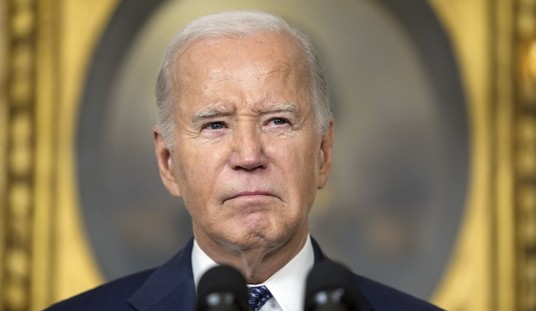Get this: The average human being now has a shorter attention span than a goldfish.
According to a new study from Microsoft Corp., reports Time, average people lose concentration after about 8 seconds, whereas the average goldfish doesn't begin losing interest until after 9 seconds. This is thanks to the effects of "an increasingly digitalized lifestyle on the brain."
Advertisement
At least I think that is what the article said. I lost interest and never finished it.
In any event, the report finds that "Heavy multi-screeners find it difficult to filter out irrelevant stimuli - they're more easily distracted by multiple streams of media."
Which explains a lot about the lack of critical thinking these days.
Remember when President Obama successfully used several vague platitudes to win two elections? All he had to do was promise hope and change and people started fainting in the aisles.
He convinced many low-information voters that he would be their savior. He'd achieve peace with Iran through the force of his charming personality. He'd pull our troops out of Iraq and all would be grand. He'd provide health care for all and it would cost lots less than we had been paying!
And the low-info, short-attention-span crowd bought his zeal hook, line and sinker.
Now Iran is outsmarting him at every step and, no small number of experts fear, his efforts are expediting, rather than inhibiting, Iran's goal of getting a nuke.
By pretending the opposition elements in Iraq were of a junior-varsity makeup, he pulled out the troops and left a massive void - unleashing massive chaos that is spreading throughout the region.
Recommended
Advertisement
ObamaCare was sold to the public along emotional lines - insurance for all - and mistruths - costs would go down. ObamaCare architect Jonathan Gruber explained on several occasions that it was designed to dupe stupid Americans. Now we know insurance costs have soared for the vast majority of those who were happy with their insurance.
During Obama's presidential campaigns, it was pointless to get into discussions with the average short-attention-span/low-info voter.
If you argued that Obama's hope of negotiating a peaceful outcome with Iran might be a fool's errand - that Iran has a long history of flouting international agreements - you were called a close-minded neocon.
If you argued that it was premature to pull our troops out of Iraq - that we still have troops in South Korea, Germany and Japan - you were called an imperialist and a warmonger.
If you argued that the best way to extend health coverage to the poor and uninsured was to address the cost challenges of our incredibly complex system, you were told you hated the poor and the uninsured.
Look, the more citizens we have who lack the desire or focus to think things through, the more ripe we are for silver-tongued politicians and clever advocates of the latest hot-button issue to make useful idiots out of us.
Advertisement
Or we can follow Bill Gates' advice on how to use deep, critical thinking to resolve our problems and achieve dramatically improved outcomes.
"The barrier to change is not too little caring," said Gates in his 2007 Harvard commencement speech, "it is too much complexity. To turn caring into action, we need to see a problem, see a solution, and see the impact. But complexity blocks all three steps."
So how do we cut through complexity? Gates says there are four stages: "determine a goal, find the highest-leverage approach, discover the ideal technology for that approach," then "measure the impact of your work and share your successes and failures so that others learn from your efforts."
We can do better, people - but that will require that we have a much better attention span than a goldfish.

























Join the conversation as a VIP Member